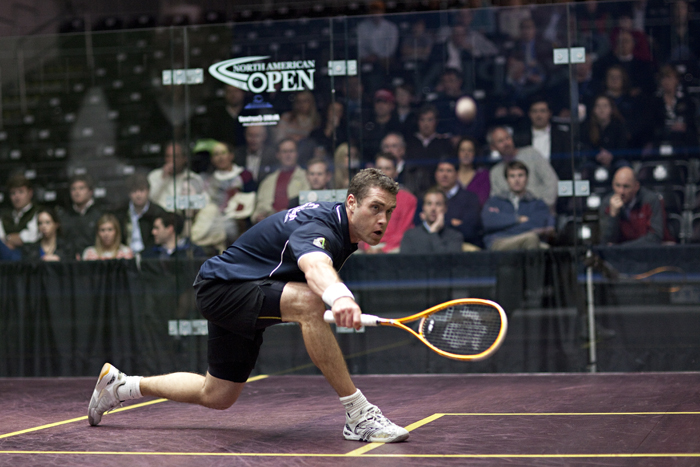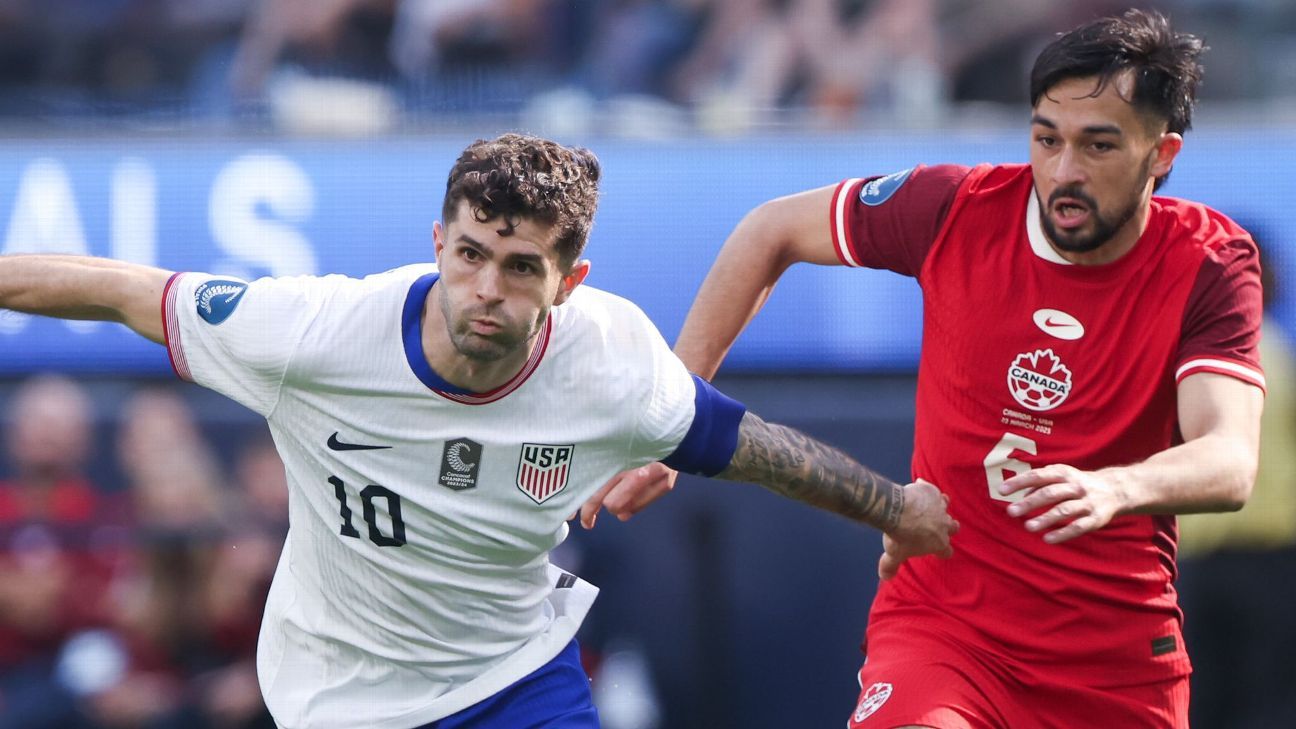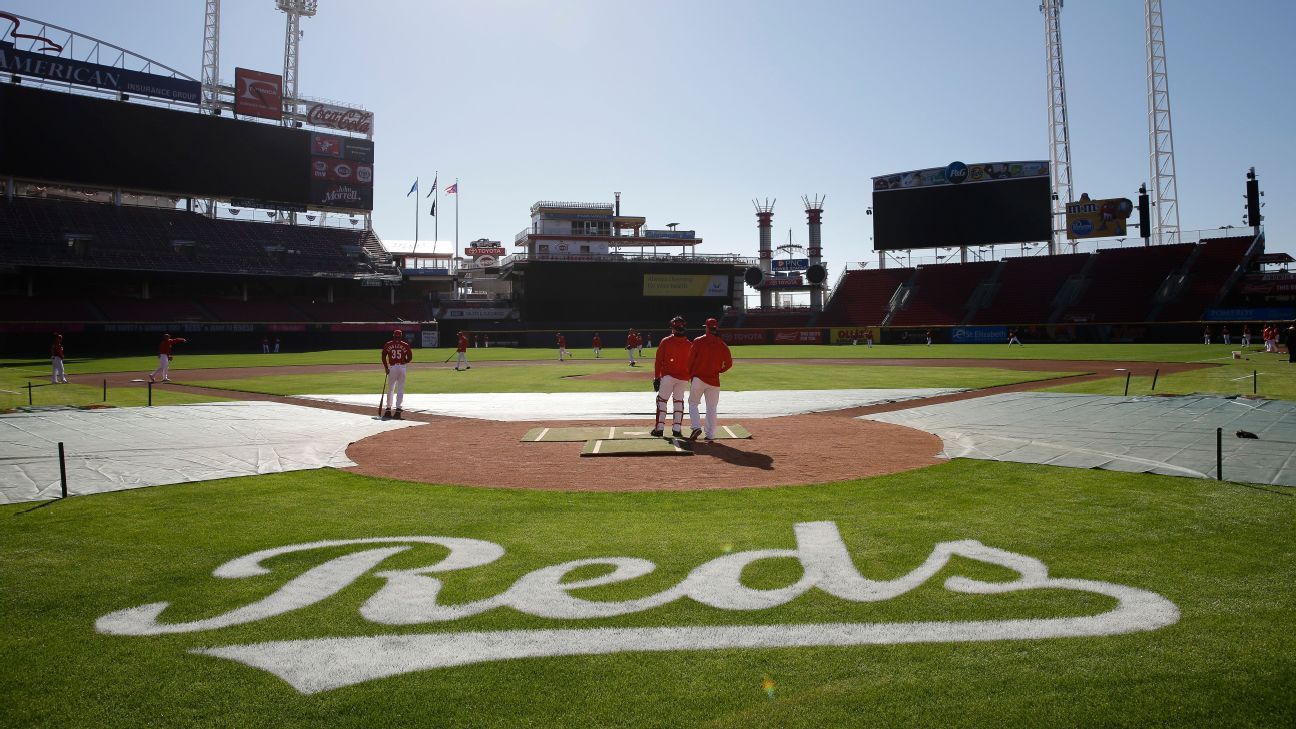Great squash duels: Marine David Palmer and the Cairo comeback
Written by I Dig Sports
Winning finals are not all about playing your best squash, its about winning the match. Cairo was a good example: the match didnt pan out the way I wanted it to, it was winning that final point and that was what I was good at in my career.
LONG READ: David Palmer recalls his 2006 World Championship success against Greg Gaultier
Looking back, it was a pretty relaxed period of my life, even though I didnt know it at the time. Squash perhaps wasnt my main focus with our first daughter being born and I must have gone to Egypt in a different frame of mind. I was not only playing for myself any more. More relaxed, I simply performed better than anyone over the week. It was an amazing feeling.
With the tournaments out at the Giza Pyramids, they always did a live TV draw. As I was No.2 seed and Amr Shabana was top seed, we were the only players known in the draw and so I was invited out. They played most of the matches at the Cairo Stadium in the city and only a couple of us were playing on the iconic glass court out in the sands.
Playing at the pyramids is one of the best spots to play squash. However it did make practicing pretty tough and virtually impossible to play in the day because it was so hot and you cant see the ball at that time. It was more for fun to look at your surroundings and say you hit a ball on a glass court in front of the pyramids.
It wasnt ideal as the warm-up areas werent great, as well as it being so sandy. But it was all worth it as the images were lasting and the promotion of the sport was heightened especially when the World Championships were played there.
I had previously played at the worlds in 1999 when they were first played there. I had lost in five games to my compatriot Anthony Hill, which at the time was a pretty good result for me.
But I had a pretty good run thereafter. I won my first world title in 2002. A year later I hurt my abductor and lost in the last eight. It was frustrating in 2004 when there was controversy on the last point against Lee Beachill in the semi-finals. He was 2-1 up and hit a volley into the tin. I was running for it and I stopped, but the referees saw it as good and Lee then had match point.
It was devastating for me as Thierry Lincou then won the next day, but Id had a pretty good record against him, so I felt that was one I had let go especially after seeing that video replay of the ball hitting the tin. In 2005, I then lost in the final to Egypts Amr Shabana.
In 2006, my daughter was born and the year turned out to be a pretty unique one. Typically, I would stay in Europe and prepare for the new season. That year, though, was one of the first times that I went back to Australia after the last tournament in the UK in April.
Normally World Championships are held late on in the year, but the Cairo event was early September and there was only one event leading up to it. It was winter back in Australia, but that didnt stop me from putting in a tough training programme ahead of the worlds. I was back at my home town in Lithgow in New South Wales, a mountainous area, and I was out there with my Dad, an inspiration to me, so we would go mountain biking a lot too.
We would do a bunch of hill sprints, multiple beep tests, and then get back on the bike and repeat the process. Over the years I had several players visit me and we would go up this monster of a hill, Hassans Walls, where the lookout point is 1,100 metres above sea level.
Shaun Moxham, my coach, had focused my attention ahead of Cairo: every time I rode up a mountain was a match at the World Championships and getting to the top signified lifting the trophy. In my mental preparations, he used that reference a lot.
Fitness wise, it was one of the strongest points of my career and even though I was probably lacking match practice, my movement and speed was at its peak.
At the time, I was nicknamed The Marine, which I think was coined by my friend and tour MC, Robert Edwards. I had a reputation as being one of the fittest, if not the fittest player on the world tour. I suppose it was based on my total attitude towards the game; my preparation, my dedication and my never-give-up mentality, coupled with all the training my two coaches had put into me over the years.
I was ready for Cairo and when the draw came out I was pretty happy with it. The one I had to be careful of was Ong Beng Hee, the Malaysian, in the second round. I found him a tough player to beat over the years, so my focus with Shaun was to make sure I won both those first two games 3-0, knowing that I had compatriot Anthony Ricketts in the quarter-finals.
We grew up together and he was a couple of years younger than me. I had a lot of respect for him and had some great battles which was no different from the Australian rivalries of Chris Dittmar and Rodney Martin down the years.
I had a good track record and always felt I had fractionally the better mental edge. But he was equally fit and so determined, but I got through in four after losing the first.
Now I was up against Thierry, the champion from 2004. He was known for a slow start sometimes and our matches usually took a similar pattern. And it was no different in Cairo where I won the first 11-2. If I won the second, most times I would go on to victory. But if I lost it, the match would take a different turn.
It was a tough battle, even though I won in four and ran away with it in the end. I was also the first semi-final on that day, I situation I always enjoyed, knowing that in this position my match hadnt gone to five and lasted two hours on court. I was in a good place.
So perhaps I was surprised to then see Gregory Gaultier reach the final, after the Frenchman beat Shabana, the top seed, defending champion and local hope who had beaten me the previous year.
Now Gaultier was capable of achieving absolutely anything in the game. He was nowhere as consistent as he would prove to be later on, but he could certainly put together a streak where he could win a major tournament like this.
I didnt watch the other semi-final apart from the closing stages in my hotel room. Mentally, I was preparing to play Shabana all week in the final, purely because of the Egyptian factor. The final would have gone either way. He might use the home court and crowd to his advantage or perhaps feel the pressure playing in front of so many people.
I remember watching Ahmed Barada, a fellow Egyptian who reached the 1999 final at the pyramids, and how he played three or four times better than when he played on a home court.
Knowing it would be Greg threw me off-track a little bit and the Frenchman took a 2-0 lead in the final. It wasnt me being relaxed, more it was a different mindset having to play Greg rather than Amr in front of the pyramids.
I have analysed the first two games a lot over the years. I was playing well and felt I should have taken one of those games, with both going 11-9 to him. Going in level to the third would have been much better, but Shaun was telling me how well I was playing and how few mistakes I was making.
The goal now was to win the third which I did, I had to and perhaps I took the foot off the pedal in the fourth, believing that I could now win the title. Greg pushed on and took a lead, while I was becoming frustrated.
There were a lot of lets and he was simply handling the situation. There were a few movement issues between us, which was getting to my head and next thing I know he is at 10-6 and holding four match balls for his first world title.
At that point I remember him being confident that he would win it. He went for a couple of quick winners to finish it off, but I won those in a relatively short space of time. If there had been some longer rallies at 10-6 perhaps the outcome would have been different, but his bad mistakes were letting me back in. A tight volley drop winner then gave me some momentum and within a minute I was back to 9-10.
All of a sudden, his expression and his body language changed. Sensing the situation was something that I think I was good at over the years, while having my physio, Patrick and Shaun in my corner really helped, too.
This was it. I knew that we were in a situation where a couple of points could really swing a match. By now, Shaun and Patrick were really encouraging me. Come on, lets pick it up now, hes getting really nervous now was the thought running through my mind.
There were a couple of decisions that went in my favour, while the referee started to be a bit more severe on Greg and started to give him a few no-lets and gave me a few more strokes.
I now had a one-point lead all the way to winning the fourth 16-14. What a feeling that was to think I had saved all those match balls. Any player in any tournament, let alone a world final, would have nightmares about letting match balls go. But I was still in the match with a chance of winning it.
I quickly got some energy gels inside me and I remember standing up the whole time in between games. That was Shauns idea, to keep me upright and not relaxing by sitting down.
Walking back on, I was trying to show that I had energy left and had positive body language. When Greg walked back on, his head wasnt in the right place and he had a negative outlook.
My goal was to win the first few points in the decider. In fact I won the first four points and the feeling was utter euphoria. It was an incredible feeling, until he got his first point on the board.
But I got my head down after that. Come on, I said to myself. I then started to put in a dig that I also used throughout my career. Come on, I want to be first to six. Every time in two point bursts.
Everything was working in my favour. Greg was making a lot of mistakes and it was the way the game was panning out. All my shots started to work, there were short rallies and he was talking to himself a lot. I sensed he was physically and mentally broken. On the flip side, it gave me a bundle of energy and I started to play faster and faster.
It was as if I really was on that last mountainous sprint up the hill. So much so that I think I was even running to the front of the wall to pick up the ball so I could serve again. I just didnt want to make the same mistake that he did from 8-2 up.
I knew I had him at that point. Even after 100 minutes on court and a long week in Cairo, it was such an adrenaline rush knowing I was going to win it. Even though I wouldnt rate it as one of my best matches, this was certainly my finest achievement; coming from 2-0 down and saving four match balls.
I try to get the message across now to a lot of the players I coach now, namely that finals are tricky. Sometimes you dont play your best squash, but finals are about winning that last point. All the top players know that. There is such a difference between winning a tournament (for the confidence, the prize money, the points) compared to being runner-up and receiving half the points, half the prize money and not getting that brilliant feeling of winning a tournament.
How I got fit
There were some unique aspects to the training on court as well which Shaun used to come up with. One of them was called the Killer Routine. He would hit the ball to either side to the back of the court and I would have to volley it, with length, and run back and boast it back up to him.
He was always at the front and he could choose where to put it next. If he put it to the front, then I would run there and choose whether to put in a straight drop depending on how balanced I was before Shaun then chose to put it to the front or back again.
Every time it went to the back I had to volley it to the back then boast again. At the front, wherever Shaun put it I went for the straight drop, unless I felt I was under pressure. If I felt that I was then I would have to lob myself out of trouble. If I did that then I would have to go back and retrieve it myself.
The routine would consist of 10-12 minutes each time and we would do five to six sets of it every time. A lot of my training consisted of doing routines five times in a row to mirror going the distance in a full-length match. I needed to push myself to the max in each game and I based my game around those theories and the Killer Routine was just one of those.
Eyewitness: Squash Players Richard Eaton recalls a remarkable world final in front of the pyramids
It was appropriate that the final of the mens World Championship was played before one of the Seven Wonders of the World. This was the most compelling of all the 28 final showdowns since the event was first staged in 1976 a multi-layered drama with hidden undercurrents and a late twist performed before a great and mysterious landmark.
There was a long and brilliant surge by Gregory Gaultier, a short and dazzling comeback by David Palmer, five thrilling match points, a controversial sequence of refereeing decisions, and a dramatic contrast of styles and characters.
It was as if the immensity of the three Giza pyramids had elevated the players, as well as the pharaoh they were built for, to a higher realm.
It was the disciplined Australian against the expressive Frenchman, the Colossus versus the Imp, and the bravest player in a world final against the unluckiest.
Palmers victory was, until the five-minute postscript of the final game, by far the less likely result. The final scored was among the least likely.
The 30-year-old needed every ounce of will and every dash of fortune to survive against a 23-year-old who, until a sudden and disastrous denouement, played irresistibly the best squash of his life.
Palmer also delivered some of the most pleasing quotes about the people around him. His wife had inspired him during their daily webcam chats, his new daughter Kayla had delighted him so much that he dedicated his second world title to her, his dad was with him in spirit when it mattered most, and his opponent was probably unfortunate not to have won.
It was a combination of paters influence and coach Shaun Moxhams psychology which helped squeeze Palmer through the toughest test of his career.
Shaun told me to imagine I was not in Cairo, but in my home town of Lithgow, he said. Im just climbing the mountain with my dad and thats how I take the pressure away.
But for Palmer to imagine he wasnt where he was took some doing. All around were the most unexpected distractions, often with a sense of things not quite being what they seem.
For the last five kilometres of the winding road around the pyramids, tourist police stood at 50-metre intervals, backs to the road, facing out into the desert, as bizarrely inconspicuous in their bright white uniforms as was the armed motor-cycle escort which led us erratically on every horn-honking journey.
Bomb-seeking mirrors were thrust under every vehicle, gruesome photos of a devastated Beirut appeared at the venue entrance alongside happy pictures of Jansher Khan and Peter Nicol and a banner saying Lebanon As It Was oddly substituted the past tense for the present. Time seemed to warp.
Without Moxhams plan to block it all out, the man from New South Wales might never have made it.
DAVID PALMER
2004 World Championship final, Cairo
Beat Gregory Gaultier 911, 911, 119, 1614, 112
David Palmer spoke to Rod Gilmour for his published book Trading Secrets: Squash greats recall their toughest duels















 Phone: (800) 737. 6040
Phone: (800) 737. 6040 Fax: (800) 825 5558
Fax: (800) 825 5558 Website:
Website:  Email:
Email: 






